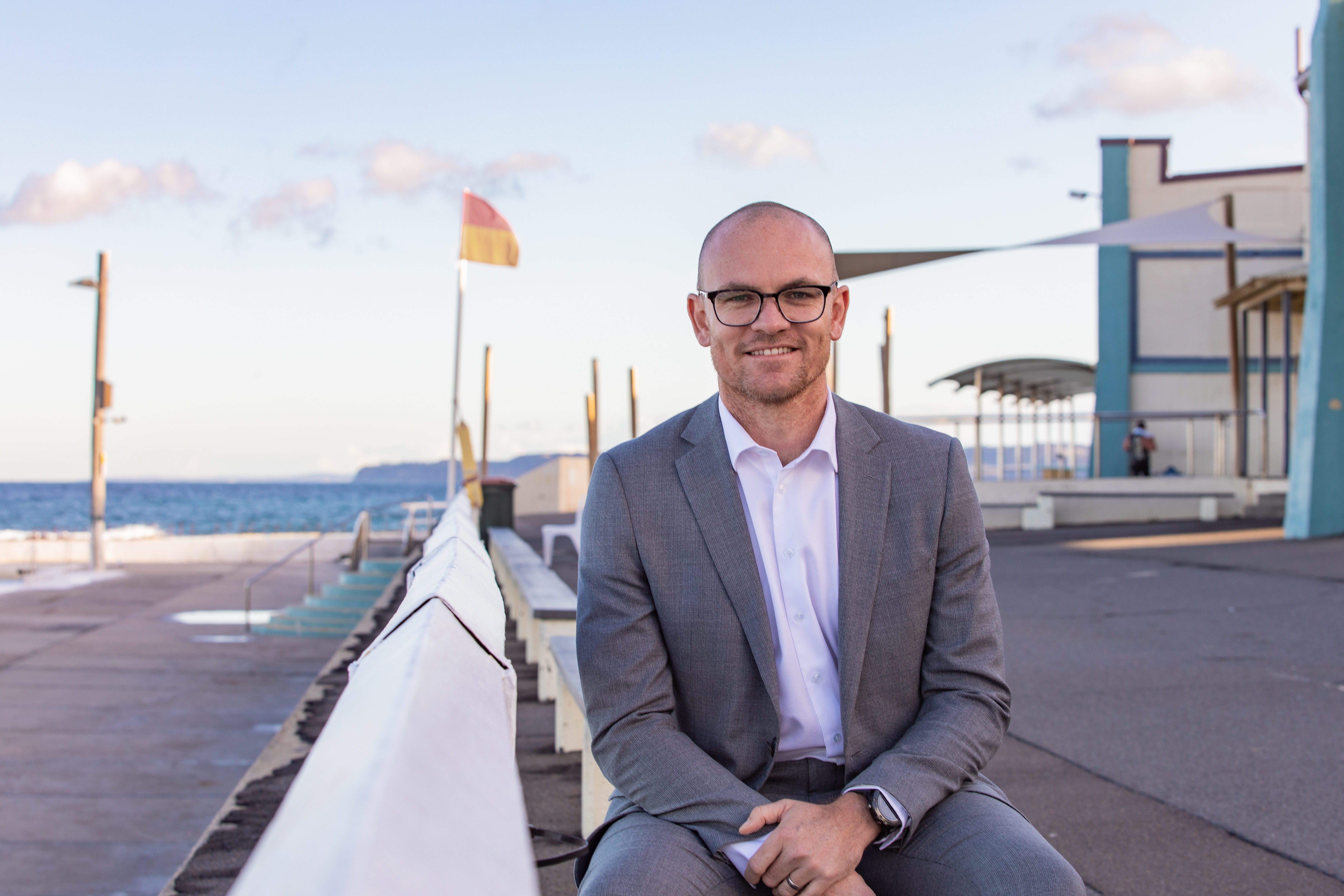 by Kurt Purkiss
by Kurt Purkiss
Any day now my wife will have our second child, a little girl. We’re excited and a little nervous but we’re also confident that we can financially navigate this next chapter of our lives because we’ve had the plans in place for some time.
Thinking about becoming a sole income family for the next year or so is daunting. There’s the mortgage to pay, child care fees, the usual bills and an extra dependant. We’ll also be taking a cut to our household income.
When we discovered our family was going to grow, I decided to make a plan! After all, that’s what financial planners do best. My wife and I sat down and had an open and honest chat about our relationship to money and discussed where and how we could save a few extra dollars to make sure we could still enjoy our annual holiday up the coast.
Talking about money, even with our loved ones, can be difficult. It was a little awkward owning up to my daily coffee habit, for instance. My $4.70 caffeine fix every morning costs my family over $1,200 a year. Many people are discouraged from talking about money from a young age but, if you want to plan for the future, it’s absolutely necessary.
Here are my top tips for getting the conversation started and taking control of your money:
Set a time to talk:
Trying to talk about budgeting and saving while cooking dinner and getting the kids into the bath doesn’t work. Many have tried and almost all have failed. Talking about money doesn’t have to be stressful but it does need your attention. Set a time when you can go over your thoughts, goals and plans with no distractions. This helps you both to be in the right frame of mind for productive discussions and decisions.
Set a Goal:
Do you have a new baby on the way? Do you want to save for that home deposit? Maybe you want to retire early? Saving for savings sake rarely works. The most successful clients I have are those with clearly defined goals. Having a goal in mind makes it much easier to talk about how your family’s money is being spent, and helps ensure that you stay on target to reach your goals.
Start Small:
If talking about money isn’t something you have learned to do, then setting a 30-year retirement plan will be almost impossible. Instead of worrying about saving $2,500 for the flights up the coast, focus on saving $50 every week. Starting with smaller easier to achieve objective builds your confidence and makes money discussions much easier to have.
Seek guidance:
Talking about money, setting goals and sticking to them are all skills. The best athletes, musicians and doctors all start out as beginners trying to learn the basics. Managing a financial plan is no different. So why wouldn’t you seek a professional for help?
A professional Wealth Advisor is like a financial coach who can help you build your game plan and stay on track towards meeting your goals. Only 20% of Australians seek professional advice, but 90% of those who do feel they are better off for having sought advice.
Any day now my daughter will arrive. A new person to take care of, feed, teach and help grow. My wife and I know that there will be bumps and bruises along the way and more than likely a few sleepless nights. We also know that difficulties in talking about our finances won’t be the cause of lost sleep. And we can be pretty sure that one day our daughter will probably thank us for having known how to talk about money.
If you would like to start the money discussion or learn more about how to set a financial plan contact Kurt Purkiss on (02) 4969 6600. He’s the Director of Lambourne Partners Wealth and has worked in financial planning since 2006.
His qualifications include a Masters Degree in Business, an Advanced Diploma of Financial Planning, and SMSF Advisor Accreditation. Kurt is a highly qualified and trusted wealth advisor who enjoys learning about his clients’ lives so that he can help them achieve their dreams, as well as helping set them up for the generations to follow.
N.B – Kurt’s baby girl was born just after he submitted this article.
Book a Meeting with Kurt Purkiss
